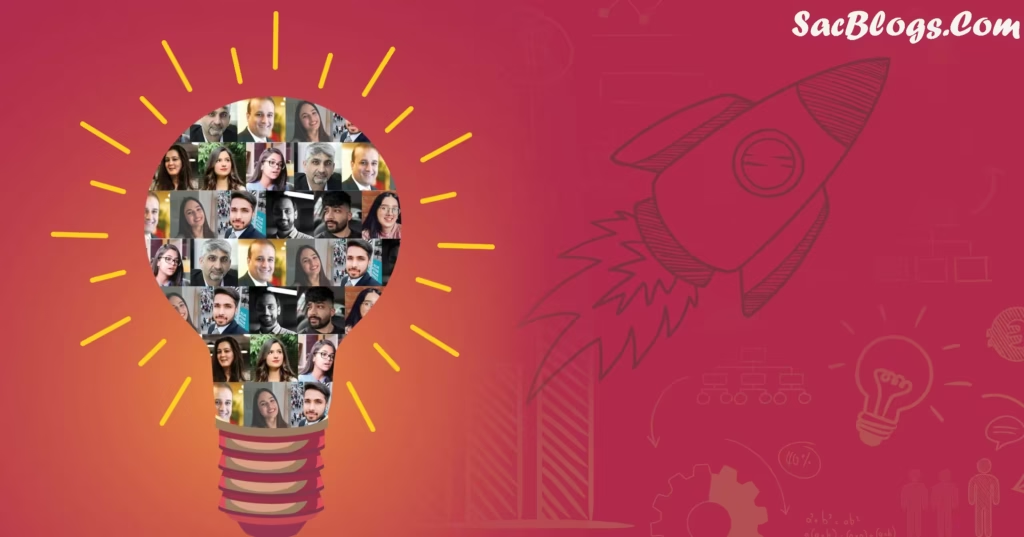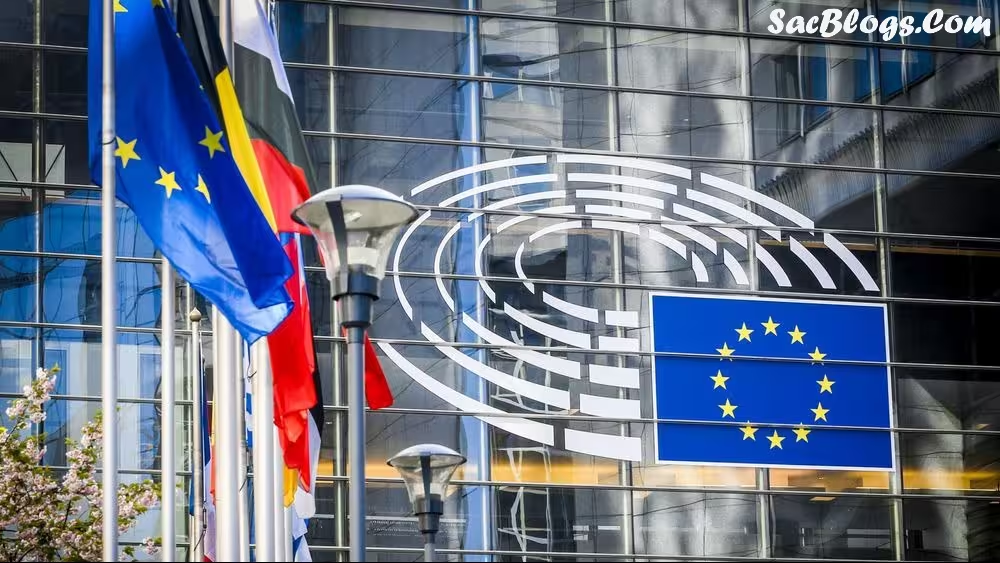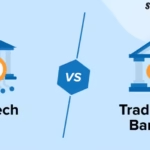In an era where artificial intelligence is reshaping global industries, a new wave of Pakistani Ai Startups is emerging as a formidable force. These innovators are moving beyond local solutions to compete on the world stage, leveraging AI to address complex challenges from agriculture to finance. With the unanimous approval of Pakistan’s National AI Policy 2025 by the federal cabinet, the country has signaled a firm commitment to becoming a knowledge-based economy . This strategic pivot is already yielding results: startups like DealCart and NayaPay have earned spots on the prestigious “Forbes Asia 100 to Watch” list, showcasing the global potential of homegrown talent . This article explores how Pakistani entrepreneurs are harnessing AI to not only transform their local economy but also to carve out a significant niche in the international technology landscape.
Table of Contents
The Foundation: Pakistan’s Booming Tech Ecosystem
Pakistan’s journey to AI prominence is built upon a rapidly maturing tech ecosystem. The numbers tell a compelling story: the IT services market is projected to reach $3.50 billion by 2029, growing at a solid 7.31% annual rate . This growth is fueled by a youthful, tech-savvy population, with the country now boasting over 2,000 IT companies and approximately 300,000 English-speaking IT professionals .
A key milestone highlighting this momentum came in Q2 2025, when the startup ecosystem raised over $58 million, marking the most active quarter in almost three years and demonstrating a strong rebound in investor confidence . This resurgence is not accidental; it is the result of strategic government initiatives like the Digital Pakistan Policy and the establishment of Special Technology Zones that offer tax incentives and world-class infrastructure . Furthermore, Pakistan’s cost advantage remains significant, with companies delivering top-tier services at about 70% lower costs than North American competitors, making them highly attractive partners for global firms .

Trailblazers: Pakistani Startups Making a Global Impact
The true measure of Pakistan’s AI transformation is visible in its pioneering startups. These companies are moving beyond theory to create practical, scalable solutions that are gaining international recognition.
Revolutionizing Agriculture with AI
Companies like Farmdar and Crop2x are tackling food security and climate resilience—issues of global importance. Farmdar utilizes AI and space technology to optimize farming, earning the distinction of being the first Pakistani agritech startup to secure Pre-Series A funding from Silicon Valley . Meanwhile, Crop2x provides farmers with AI-powered monitoring for soil, crops, and weather, delivering real-time alerts and weekly reports to optimize yields in the face of climate threats . These solutions are critical not just for Pakistan but for agricultural communities worldwide.
Transforming Commerce and Finance
In the realm of commerce, Bazaar Technologies is modernizing retail through its B2B e-commerce platform. With a substantial $70 million Series B funding round, it provides retailers with seamless procurement, payments, and supply chain management, driving a retail revolution . In fintech, NayaPay is addressing financial inclusion with e-wallets and virtual debit cards, backed by one of the largest seed rounds in South Asia at $13 million . Another innovator, Loop, has found a unique product-market fit by digitizing cash handling for Pakistan’s cash-based economy, bridging the gap between physical and digital financial systems .
Building the Digital Backbone
The rise of e-commerce relies on robust logistics and security. PostEx has become a key enabler, streamlining fintech and last-mile delivery to support Pakistan’s booming e-commerce market with $7.3 million in Pre-Series A funding . In the critical field of digital identity, truID offers a scalable AI solution for secure identity verification, which is essential for remote onboarding in banking and fintech as services move online .

| Startup Name | Sector | Key AI Innovation | Global Recognition |
|---|---|---|---|
| Farmdar | Agritech | AI & space tech for farm optimization | Pre-Series A funding from Silicon Valley |
| NayaPay | Fintech | E-wallets & financial inclusion tools | Forbes Asia 100 to Watch |
| Bazaar Tech | E-commerce | B2B retail procurement & supply chain | $70M Series B funding |
| truID | Cybersecurity | AI-powered digital identity verification | Addressing critical need for remote onboarding |
| The Game Company | Entertainment | AI-powered cloud gaming platform | Launched at Dubai AI Week 2025 |
The Global Stage: International Recognition and Expansion
Pakistani tech talent is no longer operating in isolation. The global community is taking notice. The participation of over 100 Pakistani companies in international tech events like LEAP 2025, which generated an expected $15 million in business opportunities, underscores this expanding footprint .
A standout example is The Game Company (TGC), founded by Pakistani entrepreneur Osman Masud. The company launched its AI-powered cloud gaming platform at the inaugural Dubai AI Week in 2025, offering a device-agnostic platform with over 1,300 AAA titles . Similarly, the classifieds platform Dubizzle, founded by Pakistanis, introduced a ‘Sell with AI’ feature that automatically generates listing details from photos, demonstrating innovation in e-commerce . These stories highlight a strategic shift from providing back-office services to creating world-class, AI-driven products and platforms.

Fueling the Fire: Government Policy and Infrastructure
The groundbreaking National AI Policy 2025 provides a decisive framework for sustained growth. This isn’t just a symbolic document; it’s an actionable roadmap with ambitious targets . The policy aims to harness AI for economic development, with official estimates projecting a potential Rs24.9 trillion (approximately USD ~$90 billion) boost to the economy by 2030 .
The policy’s concrete goals include :
- Training 1 million AI professionals by 2030.
- Establishing an AI Innovation Fund and an AI Venture Fund to channel public money into startups.
- Launching 50,000 AI-driven public service projects over five years.
- Supporting the development of 1,000 local AI solutions.
A particularly significant infrastructure signal is the government’s reservation of 2,000 MW of electricity specifically for technology use, including data centers for AI and crypto mining, which is a powerful incentive for attracting high-tech investment .

Navigating the Road Ahead: Challenges and Opportunities
Despite the impressive progress, challenges remain. Infrastructure gaps, such as access to high-performance computing and reliable internet outside major cities, can slow development . Furthermore, while Pakistan produces thousands of IT graduates annually, there is still a shortage of specialized AI researchers and data scientists, creating a skills gap that needs to be addressed . Additionally, many startups struggle to secure funding beyond the seed stage, particularly in deep-tech areas that require significant R&D investment .
However, these challenges are being met with determined solutions. Government initiatives like the planned Centres of Excellence in Islamabad, Karachi, and Lahore are designed to bridge the research gap . The focus on practical applications ensures that startups solve real-world problems, making them attractive for investment. As the ecosystem matures, the emphasis is shifting towards sustainable growth and creating a resilient foundation for long-term success .

Conclusion
The rise of AI-powered startups in Pakistan is a testament to the nation’s resilience, talent, and strategic vision. By focusing on solving fundamental problems—from financial inclusion and food security to efficient logistics—these companies have developed solutions with inherent global relevance. Supported by a proactive National AI Policy 2025 and growing international investor interest, the Pakistani tech ecosystem is poised for sustained impact. The journey ahead will require continued focus on infrastructure, talent development, and funding, but the trajectory is clear. Pakistani startups are no longer just participants; they are emerging as global game changers, proving that innovation fueled by artificial intelligence can come from any corner of the world.
Read Also: Ai Automation in Pakistan – Opportunity or Threat for Jobs in 2025?
Frequently Asked Questions (FAQs)
1. What is Pakistan’s National AI Policy 2025?
Pakistan’s National AI Policy 2025 is a comprehensive government strategy approved in July 2025 to build a robust AI ecosystem. It aims to drive economic growth, improve public services, and position Pakistan as a competitive player in the global AI market by setting targets for training, research, and the development of local AI solutions .
2. Which Pakistani AI startups have received global recognition?
Startups like DealCart and NayaPay have been featured in the “Forbes Asia 100 to Watch” list. Furthermore, companies like Farmdar have gained international investor confidence with funding from Silicon Valley, and startups founded by Pakistanis, such as The Game Company, have launched products on global stages like Dubai AI Week .
3. How is the Pakistani government supporting AI startups?
Support includes the establishment of Special Technology Zones with tax benefits, the creation of a National AI Fund to finance innovation, and ambitious plans to set up Centres of Excellence across major cities. The government has also reserved 2,000 MW of power for tech infrastructure to attract investment .
4. What are the main sectors where Pakistani startups are applying AI?
The primary sectors are Agritech (e.g., Farmdar, Crop2x), Fintech (e.g., NayaPay, Loop), E-commerce and Logistics (e.g., Bazaar, PostEx), and Digital Identity & Security (e.g., truID) .
5. What are the biggest challenges facing AI startups in Pakistan?
Key challenges include securing growth-stage funding, bridging the specialized AI talent gap, and overcoming certain infrastructure limitations like high-performance computing access and internet stability in remote areas .
6. How does Pakistan’s AI talent pool compare globally?
Pakistan has a strong foundation with a large, young, and English-speaking population producing thousands of IT graduates annually. The focus is now on advancing this base to include more specialized AI researchers and data scientists to compete at the highest levels .
7. Can Pakistani AI companies compete on cost and quality?
Yes. Pakistani companies offer a significant cost advantage, delivering services at an estimated 70% lower cost than North American competitors while maintaining high quality, which makes them very attractive for international partnerships and outsourcing .







1 thought on “Pakistani AI Startups – The Global Game Changers You Need to Watch in 2025”